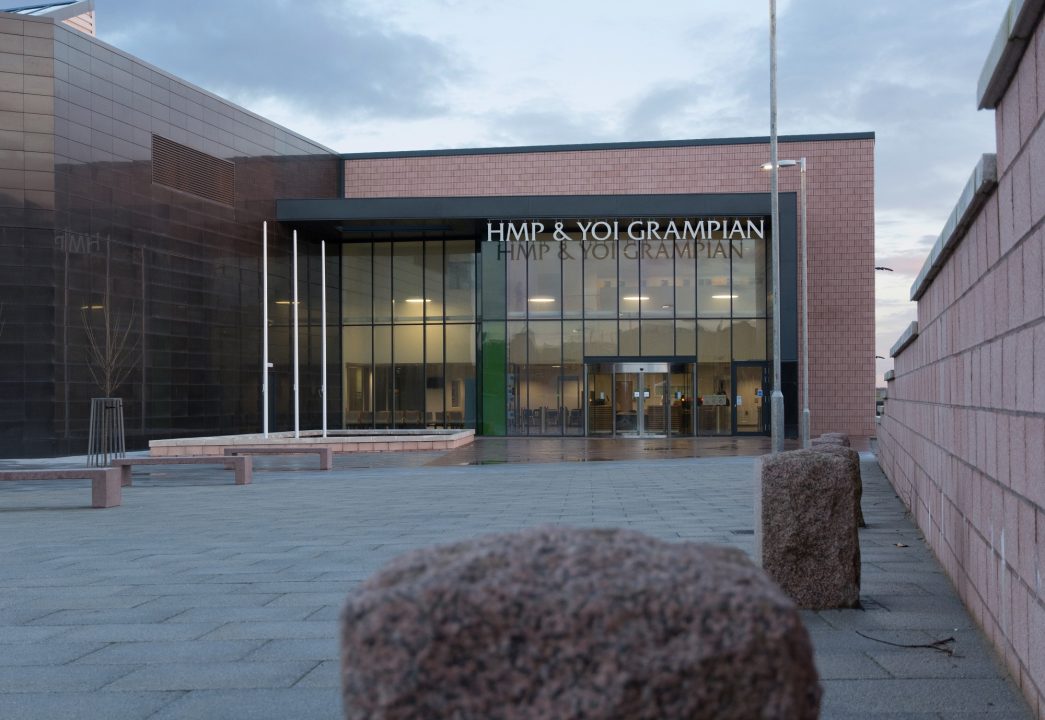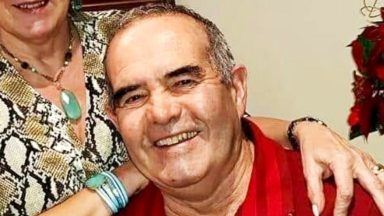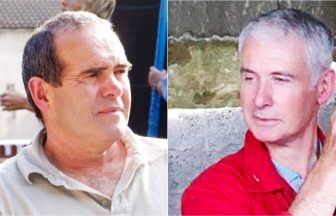Prisoners have been given first-of-its-kind training in the skill of setting up microbusinesses in a bid to prevent reoffending.
A pilot project from Edinburgh’s Heriot-Watt University put women at Aberdeenshire’s HMP Grampian through a three-day course.
The initiative aims to turn the tide on growing reconviction rates, with the costs of holding someone in prison currently standing at around £40,000 a year.
Jahangir Wasim, head of business and management at the university and project lead Grampian Prison researcher, said: “Deciding what path to take on release can be hugely frightening.
“This pilot set out to equip participants with a broad range of practical and entrepreneurial skills, providing them with hope and a renewed passion for how their life could look when they are released.”
Prisoners involved in the project are equipped with business skills including marketing, taxation, how to sell services and products and information on where to find wider business support locally.
Studies show reoffending is more likely among those who are unemployed.
The criminal reconviction rate rose in the 2018/19 period for the first time a decade from 26.4% to 28.3%.
Mr Wasim said: “While there are charities and services available to them on release, anecdotal evidence shows some reoffend quickly as they don’t know how to manage in the community.
“We found there were no dedicated support services in Scotland designed to help people previously in custody to launch their own businesses”.
Funding is now being sought to extend the project to Scotland’s 7,400 prisoners.
Attendees were chosen to take part in the pilot project based on their release date and their business idea proposals which included a food and drink firm, house painting and pet care.
Graeme Young, outreach coordinator at the prison, said: “Sometimes the talent of people can go to waste, because they don’t know how to turn it into a positive.
“However, with the information and support provided throughout this course, they were shown how to go take their ideas forward, and use their new skills to improve their opportunities in the future.”
Each session resulted in full attendance with researchers saying the teaching helped the women to change the way they view themselves.
Heriot-Watt University has since created a research project based on the pilot to explore key learnings and refinements ahead of the launch of a wider programme across Scotland.
Gillian Murray, deputy principal of enterprise and business at the university, hailed it as a “ground-breaking pilot”.
She said: “Research like this is a great example of how those in custody can be equipped with the right tools to build lives outside of prison, contributing positively to Scotland’s economy.
“This supports the Scottish Government’s ambition to reduce reconviction rates through innovative and forward thinking initiatives.”
Follow STV News on WhatsApp
Scan the QR code on your mobile device for all the latest news from around the country


 Scottish Prison Service
Scottish Prison Service























